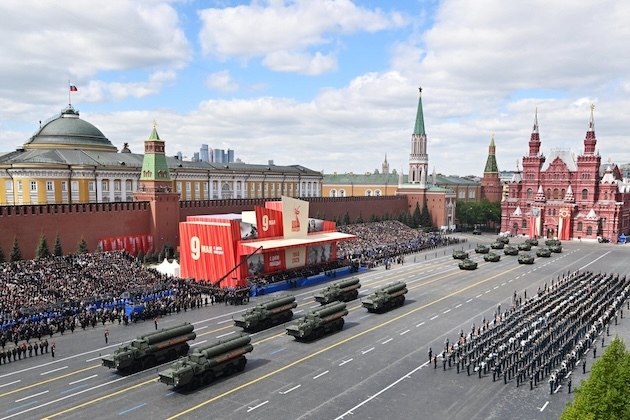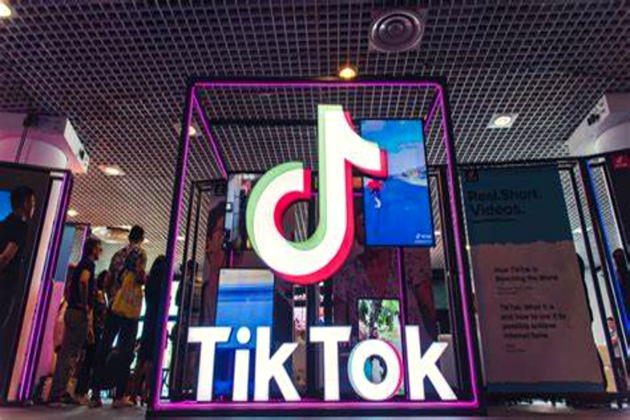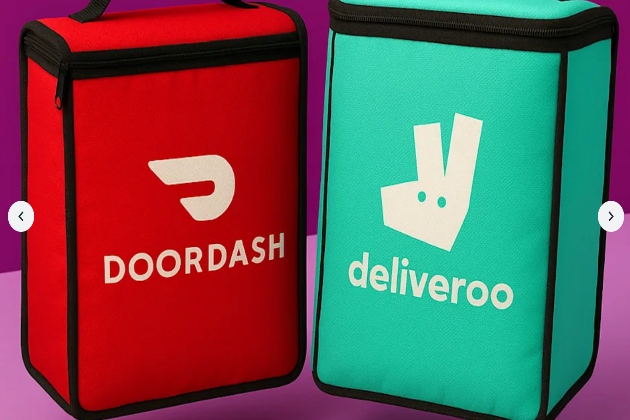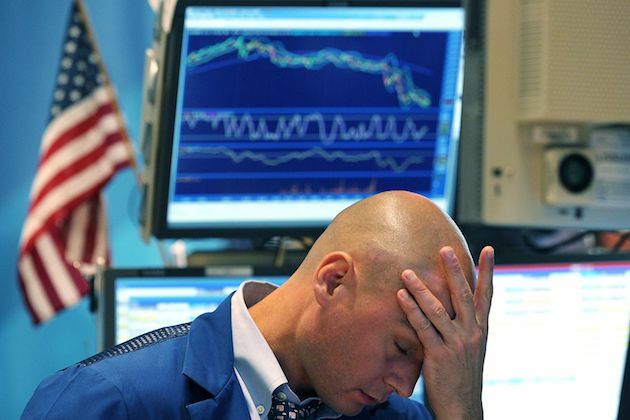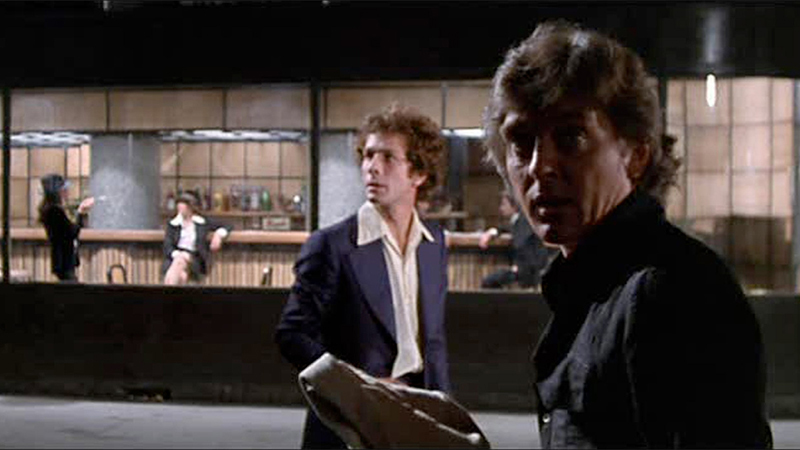People are selfish with masses and generous with individual
ANI
03 Aug 2021, 13:48 GMT+10
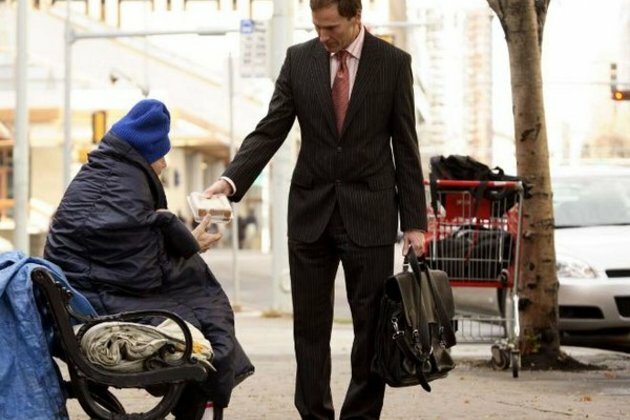
Zurich [Switzerland], August 3 (ANI): The general public in recent years has steadily lost their confidence in economic authorities, financial institutions, and particularly corporate managers. They think that economic actors will go to any length for-profits, which includes harming fellow human beings and large groups.
Yet, modern behavioural economics and psychology tell a completely different story. Laboratory data has shown that people willingly share monetary gains with others, dislike inequality, and are very often generous. Recent evidence shows that dishonesty levels as measured in certain laboratory tasks are surprisingly low. The message is that people are prosocial and, if given the opportunity, cheat just a little.
These findings have been published in the journal 'Nature Human Behaviour'.
How can both observations be simultaneously true? Are high-level economic actors simply different? To find out, Carlos Alos-Ferrer, NOMIS Professor for Decision and Neuroeconomic Theory at the University of Zurich and his team designed the Big Robber Game, an experimental setting with 640 participants in a standard student sample. Students were placed in groups of 32, where all subjects were engaged in some remunerated activity and earned the same amount of money.
Half of the participants, the robbers, were given the opportunity to anonymously steal half the earnings of the other 16 members of their group (and one of the 16 robber's decisions was actually implemented), which corresponded to more or less 100 Euros. But they could also steal less, say one-third, or one-tenth or nothing at all. So, what did they do?More than half of all robbers went to the extreme and took the maximum possible, which was half of the earnings of all others. Over 80 per cent took one-third or more and almost nobody declined to rob. The students revealed an overwhelming willingness to inflict significant monetary harm to a large group of others. Furthermore, the decision to take the maximum was taken on average more quickly than the decision to refrain from it, revealing a weaker moral struggle in the former case.
However, the very same study participants displayed predominantly prosocial behaviour in standard bilateral games. When asked how they wanted to split 10 Euros with just one other participant, they voluntarily transferred some money, even when the other person was powerless to retaliate if no money came. In general, their actions revealed that they disliked inequality.
"Thus, the very same people displayed selfishness in the large high-impact decisions affecting a large group and generosity in the small bilateral, low-stakes interactions", Alos-Ferrer resumes. "This behaviour arose spontaneously within our student population, with no significant differences due to gender or field of studies. Therefore, there is no need for arguments about high-level economic actors being different. The roots of corporate scandals seem to be in all of us."The finding that people behave selfishly toward a large group while being generous toward individuals suggests that harming many individuals might be easier than harming just one, in line with existing evidence that people are more willing to help one individual rather than many.
According to the authors, the study also reflects the tradeoff between personal gain and other-regarding concerns: When facing an individual in a bilateral game, appropriating a given monetary amount can result in a large interpersonal difference.
When appropriating income from a large group of people, the same personal gain involves a smaller percentual difference, and hence it is more likely to offset the inequality aversion. Alos-Ferrer: "In economically relevant situations, many human decision-makers might be willing to inflict significant harm on a relatively large number of people for personal gain, as long as that gain is of sufficient magnitude. Even more strikingly, in Western societies, 100 Euros might already be enough." (ANI) Share
Share
 Tweet
Tweet
 Share
Share
 Flip
Flip
 Email
Email
Watch latest videos
Subscribe and Follow
Get a daily dose of Hong Kong Herald news through our daily email, its complimentary and keeps you fully up to date with world and business news as well.
News RELEASES
Publish news of your business, community or sports group, personnel appointments, major event and more by submitting a news release to Hong Kong Herald.
More InformationChina
SectionUS lawmaker pushes bill to track AI chip exports
SAN FRANCISCO, California: A U.S. lawmaker wants to introduce a new law that would help track where advanced AI computer chips, like...
More than two dozen world leaders join Putin for Victory Day commemoration
MOSCOW, Russia - Russia came to a standstill on Friday as the nation commemorated its victory over Nazi Germany in the second World...
Footwear giants urge Trump to spare shoes from tariffs
WASHINGTON, D.C.: Dozens of major footwear companies, including Nike, Adidas, and Skechers, have signed a letter urging U.S. President...
TikTok fined 530 million euros for EU data privacy violations
DUBLIN, Ireland: TikTok has been hit with a 530 million euros (US$601.3 million) fine by Ireland's Data Protection Commission (DPC)...
Kimberly-Clark to invest $2 billion in US manufacturing expansion
IRVING, Texas: Kimberly-Clark, the maker of Kleenex tissues and Huggies diapers, announced this week it will invest US$2 billion over...
Hong Kong's economy grows 3.1 percent in Q1, marks ninth straight gain
HONG KONG: Hong Kong's economy grew by 3.1 percent in the first quarter of this year compared to the same period last year, according...
Business
SectionBMW expects US tariff cuts by July amid trade talks
FRANKFURT/LONDON: BMW is anticipating a reduction in U.S. car tariffs starting in July, based on ongoing discussions with U.S. officials,...
DOJ targets Google’s AdX and DFP in antitrust case
MOUNTAIN VIEW, California: The U.S. Department of Justice is seeking the breakup of Google's digital advertising business, calling...
EU plans Russian gas exit by 2027
BRUSSELS, Belgium: The European Union is preparing to unveil a detailed plan to reduce its reliance on Russian gas, including a proposal...
DoorDash to acquire Deliveroo in $3.85 billion deal
SAN FRANCISCO, California: U.S. food delivery giant DoorDash will acquire British rival Deliveroo in a US$3.85 billion deal, the companies...
Dow Jones drop 119 points in lackluster day on Wall Street
NEW YORK, New York - U.S. stocks were weaker Friday as investors and traders continued to fret over U.S. President Donald Trump's trade...
US lawmaker pushes bill to track AI chip exports
SAN FRANCISCO, California: A U.S. lawmaker wants to introduce a new law that would help track where advanced AI computer chips, like...


